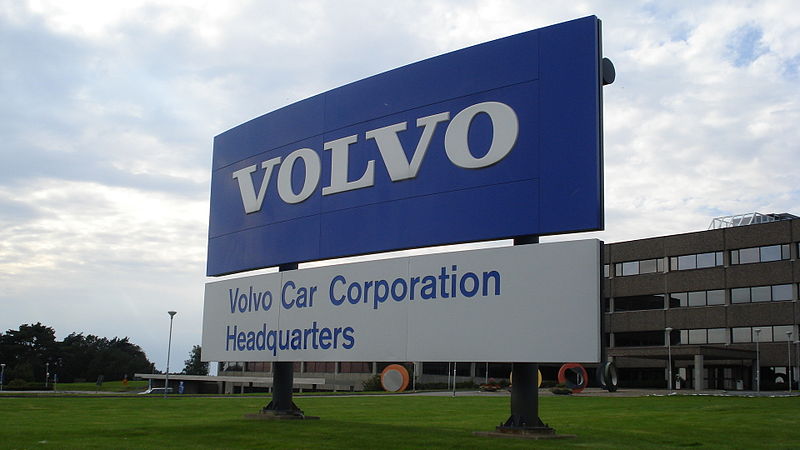
According to Lars Stenqvist, the vice president of Volvo group, the new Euro 7 regulations set by the European Commission in November 2022, will slow down the shift towards electrification.
The regulation tightens emission limits for heavy-duty vehicles, which will require manufacturers like Volvo to invest in re-engineering the combustion engine to fulfill the new requirements. Stenqvist fears that he will have to move engineers away from developing fuel cell and battery electric vehicles to work on combustion engines instead, delaying the transition to zero-emission vehicles.
Many in the industry feel that the proposal is not aligned with the Commission’s recent draft law on CO2 emission standards for heavy-duty vehicles, which requires a 90% reduction in carbon emissions from new heavy-duty vehicles sold from 2040. Stenqvist believes that the Commission’s two proposals should work together to create legislation that aligns with their goals. Euro 7 assumes an 11% market penetration of zero-emission vehicles by 2030, while the CO2 standards proposal assumes 35% market penetration by the same date.
Volvo is a pioneer in building battery electric trucks and considered one of the most progressive truck manufacturers in green technology. Still, Stenqvist sees combustion engine vehicles as an important part of their offering, running on low-carbon fuels like biodiesel from vegetable oils and hydrogen-derived synthetic fuels. Stenqvist believes that the combustion engine running on non-fossil, renewable fuels will still be essential for certain applications in the long run.
Stenqvist proposes that the EU implements EU-wide carbon pricing for road transport, rather than imposing restrictions. Having a price on carbon would make clean vehicles more financially attractive, ensuring that zero-emission vehicles are more competitive than fossil-based ones. However, the roll-out of charging infrastructure across Europe needs drastic improvement to ensure customers are not deterred by gaps in coverage.
Stenqvist explains that the real demand for clean vehicles is coming from transport buyers rather than transport companies, attributing it in part to a move by companies to reach net-zero. “Almost all of them, rather soon, come to the conclusion that if they don’t fix logistics, then they’re smoked,” he said.
The Euro 7 proposal and the CO2 emission standards for heavy-duty vehicles will now go to the European Parliament and Council to be reviewed and amended, with a conclusion of the files expected in 2024. Photo by Christopher Persson, Wikimedia commons.



































